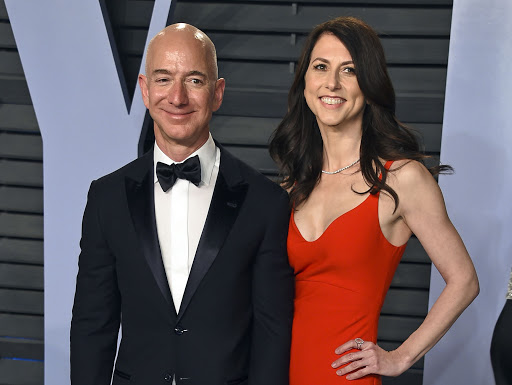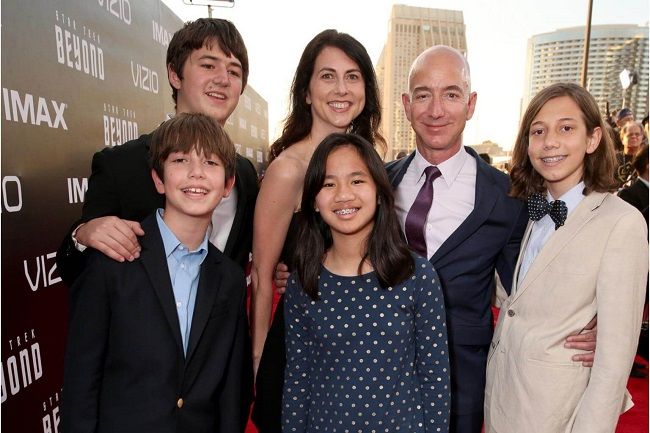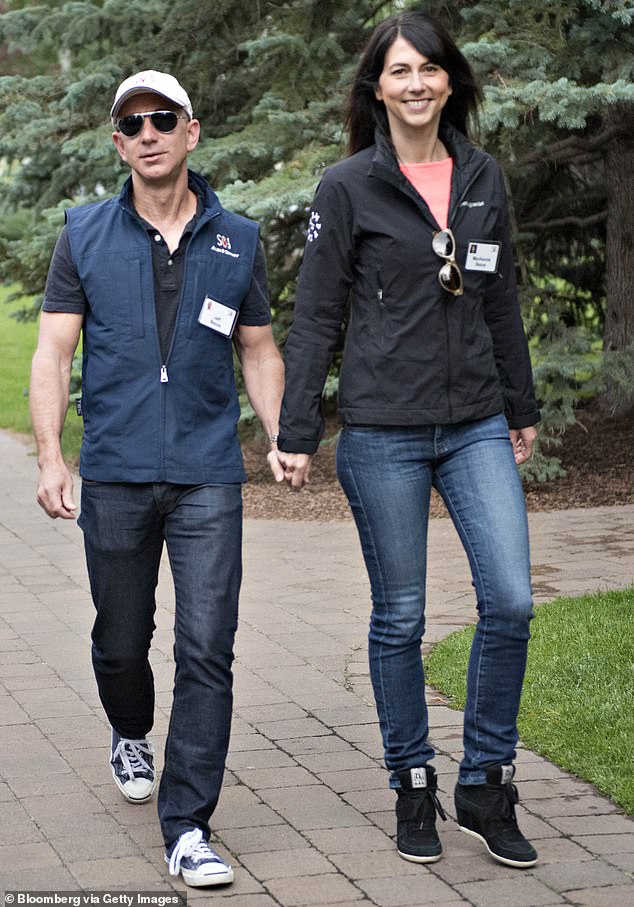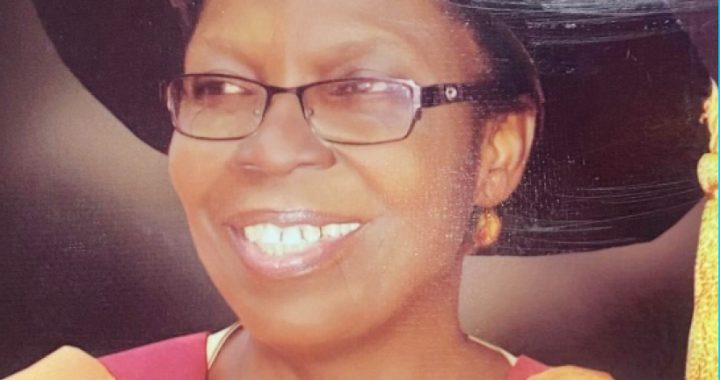Amazon founder debunks the narratives about rich men’s cash holding
4 min read
Jeffrey Bezos, the CEO and founder of the most valuable retail company on the planet earth, keeps about $9.53 billion of his assets in cash.
The usual narrative that wealthy people hardly keep most of their funds in the bank has just been debunked by the world’s richest man.
Jeff Bezos, the CEO and founder of the most valuable retail company on the planet and believed to be worth $183 billion, keeps about $9.53 billion in cash (5% of his net wealth).
The American tech entrepreneur’s wealth is coming from strong gains from his online retail company now worth over $1.5 trillion.
Amazon is the world’s largest retail cyber company in terms of market value, taking to account that in the past 365 days he has gained $68 billion (much bigger than the Nigerian Stock Exchange valuation of $46 billion)

What this means: Most rich individuals including, successful Tech entrepreneurs, fashion icons, and leading hedge fund managers would rather invest most of their funds in assets like stocks, real estate businesses, debt instruments, and lately cryptos than holding a significant amount of cash at the bank because many banks offer unimpressive interest rates. Cash is often exposed to inflation, and in some cases depreciate in value faster than financial assets like gold, Bitcoin.
With that being said, it’s key to note the world’s elite keep a significant amount of cash primarily in case they need it for buying or investing in future assets.
What you must know:
• The world’s richest man, Jeff Bezos owns about 11% of Amazon, according to its most recent SEC filing.
• Jeff Bezos held 16% of the world’s largest online retailer before a 4% stake was transferred to his ex-wife last year following the pair’s divorce.
• He is also the principal owner of space exploration company Blue Origin, which is included in Bloomberg’s calculation of investment cost.
Milestones

• 1964 Jeffrey Bezos is born in Albuquerque, New Mexico.
• 1986 Graduates from Princeton University. Takes job at Bankers Trust.
• 1994 Founds Amazon.com to sell books online.
• 1997 Lists Amazon in an initial public offering at $18 per share.
• 1999 Named Time magazine’s Person of the Year.
• 2003 Survives a helicopter accident in southwest Texas.
• 2007 Introduces the Kindle electronic book reader.
• 2010 E-book sales surpass traditional book sales on Amazon.com.
• 2013 Purchases the Washington Post newspaper for $250 million.
• 2017 Becomes the richest person on earth.
What It Takes to Succeed in Business
The followings are a few pieces of advice from the billionaire and founder of Amazon, Jeff Bezos, on what it takes for someone to succeed in business.
• Be passionate: Bezos believes it’s important for an entrepreneur to follow his or her passion. He says that it’s the people who care that win.
“You have got to have some passion for the arena that you are going to develop and work in, because otherwise you’ll be competing against those who do have passion for that, and they’re going to build better products and services.”
Bezos added that to be a successful business person, you need to be a missionary and not a mercenary, meaning that you have to be mission-motivated, not money-motivated.
• Be ready to embrace risk and failure: The business tycoon also made it known that taking risks and failing is an integral part of becoming successful in business.
“If you come up with a business idea and there’s no risk there… it’s probably already being done… [and] being done well…. So you have to have something that might not work and you have to accept that your business in many ways is an experiment and it might fail, And that’s ok.”

Bezos has had his own share of failures, like the demise of Amazon restaurants and Amazon’s pop-up kiosks. Even at that, he continues to enjoy risk-taking in business.
• Change your mindset: Bezos has learned from interacting with the world’s most influential minds that the people who usually get things right are those who listen the most and who change their minds often.
“What I have found that people who are right change their mind even without getting new data. They have the same data set that they had at the beginning, but they wake up and they reanalyze things all the time and they come to a new conclusion and then they change their mind.”
“In fact, people who win typically have worked hard to recognize what beliefs or biases they hold and “actively try to look for evidence that does not confirm them,” Bezos said.
*** Bloomberg Billionaire Index/Nairametrics
![]()




